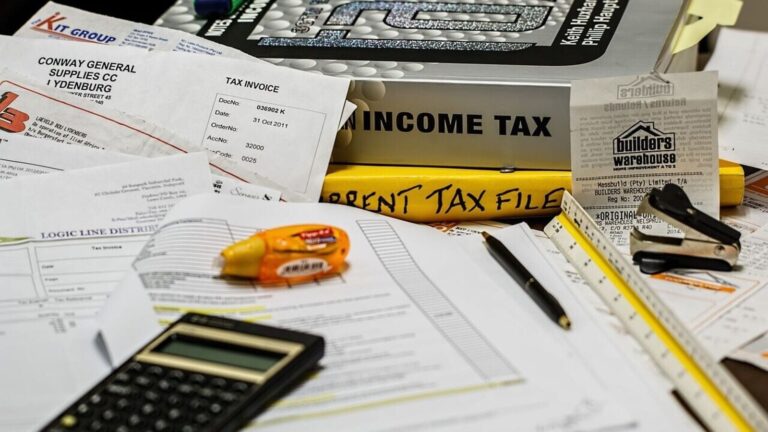New Delhi: The new Income Tax Bill, which is likely to be tabled in Parliament this week, will introduce the term ‘tax year’ to specify the year of earning income for which the tax liability is computed. The bill will also replace verbose definitions with formulas and simplify the tax statute, two persons familiar with the development said.
Currently, the Income Tax Act refers to the year of earning taxable income as the “previous year” and the year when the tax return is filed as the “assessment year”. By dropping these terms, which are used multiple times throughout the Act, including in some cases within the same provision, the bill seeks to make the language simpler and the tax statute easier to comprehend.
The new bill is also expected to use formulas rather than complicated definitions for various concepts like capital gains, cost of acquisition and inventory valuation. This could help reduce errors and prevent differing interpretations, they said.
The Income Tax Bill has 23 chapters, divided into 536 sections and 16 schedules spread over 600 pages, compared to the Income Tax Act, which has 823 pages, as amended by the Finance Act of 2024, one of the persons quoted above said.
A statement on the objectives of the bill, which aims “to consolidate and amend the law relating to income tax,” is part of the document to be tabled in the House. It acknowledges that the existing law passed in 1961 has been subject to numerous amendments since its passage, which has overburdened the basic structure of the law. These changes have made its language complex and increased the cost of compliance for taxpayers while hampering direct-tax administration’s efficiency, the person said.
The bill seeks to make the law “concise, lucid, easy to read and understand,” said the person, quoting from the bill. It also seeks to repeal the existing income tax law.
Meanwhile, the bill, which was approved by the Union cabinet on Friday, was circulated among parliamentarians on Tuesday for its introduction in the House this week.
Experts speak
Experts pointed out that tax exemptions have been moved to schedules of the bill to simplify the statute. Also, deductions from salaries such as standard deduction, gratuity and leave encashment have now been tabulated at one place, instead of being scattered over different sections.
Also Read: The income tax gambit to ramp up India’s growth
The new bill aims to simplify the language and do away with redundant tax provisions, making compliances simpler and less cumbersome for taxpayers, said Munjal Almoula, Head of Tax at professional services firm BDO India. “Accordingly, it would be reasonable to expect a simpler compliance mechanism, greater transparency as regards approach and directionality on tax assessments and a quicker and more efficient refund mechanism,” said Almoula.
“The bill, subject to approval and amendments under the parliamentary process, is slated to be effective only from 1 April, 2026, which implies that computation of taxable income and its reporting, for financial years ending March 2025 and March 2026, would still be required to be done under the existing Income Tax Act itself,” said Sandeep Jhunjhunwala, M&A Tax Partner at Nangia Andersen LLP.
This reform is a significant step towards modernizing India’s tax framework, bringing greater clarity and efficiency, said Rohinton Sidhwa, partner at Deloitte India. “However, its success hinges on smooth implementation and how well taxpayers adapt to the changes,” said Sidhwa.
A more streamlined and accessible tax system will make it easier for citizens and businesses to fulfil their obligations while fostering trustinthesystem, said Sidhwa.
In the existing income tax law, there are multiple cross referencing between sections and rules which often led to complications for taxpayers, said Amit Maheshwari, Tax Partner at AKM Global, a tax and consulting firm. Curtailing this will ensure that a taxpayer will be able to gain sensible understanding of the section by reading the section itself and they do not need to refer to other rules and sections, said Maheshwari.
Queries emailed to the finance ministry and to Central Board of Direct Taxes (CBDT) on Wednesday seeking comments for the story remained unanswered at the time of publishing.


